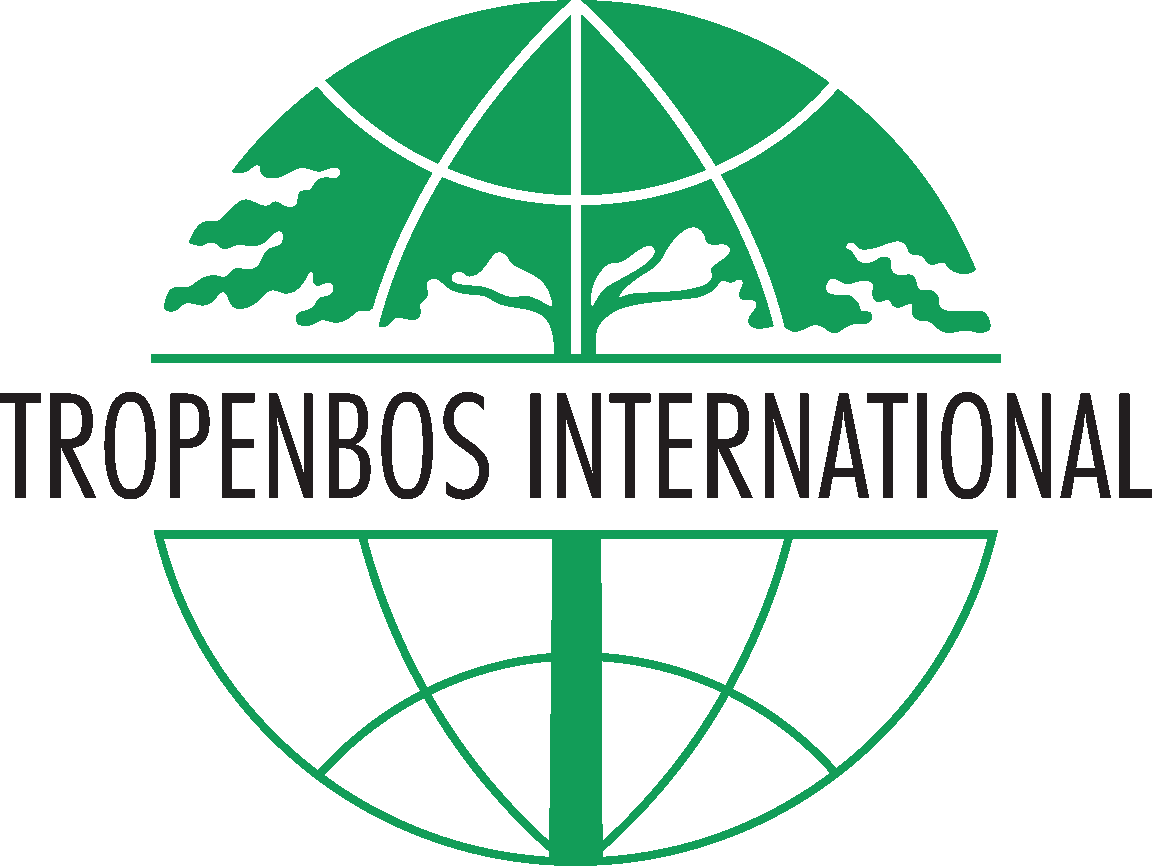Community / Land projects / Green Livelihoods Alliance
Green Livelihoods Alliance

€0
01/16 - 12/20
Achevé
This project is part of
Implementing Organisations
Donors
Data Providers
General
Forested landscapes form the cornerstone of the livelihoods of about 1.2 billion people almost 20% of the world’s population. A large proportion of these people are among the poorest in the world. They are often particularly disadvantaged because their rights over land and natural resources are frequently ill-defined and far from assured. Forested landscapes in developing countries are also crucially linked to the rest of the world. The natural services they provide are regarded as International Public Goods (IPGs). The services climate resilience, biodiversity, and food and water security are critical for growing agro-commodities that are consumed globally. Despite the tremendous services forested landscapes provide, almost a third of the world’s forests have disappeared and another 20% of global forest cover is seriously degraded. Unsustainable cultivation of food, animal feed and energy crops is one of the root causes of deforestation as the expansion of plantations leads to further deforestation and land degradation. Incentivized by agricultural and trade policies, international actors such as multinational corporations and investors are major drivers of forest loss. Still, also local communities and small, local companies can contribute heavily to loss and degradation of forests. Another important driver of deforestation and land degradation is the lack of political and private will in many low- and lower-middle-income countries to safeguard the critical functions that forests provide. Scientific and empirical research shows that informed local communities with ownership of or access to land play a crucial role in safeguarding productive forested landscapes. Inclusive and sustainable governance of forested landscapes is founded on informed joint decision-making and collaboration by all stakeholders – government agencies, the private sector and local communities. This type of governance ensures equal access to natural resources and their benefits, ensuring thriving green livelihoods of local communities. The Green Livelihoods Alliance will act to support – and simultaneously learn from – local communities in forested landscapes. With our mutually reinforcing networks, tools, knowledge and experience, Alliance members Milieudefensie, IUCN NL and Tropenbos International work with civil society organisations (CSOs) who share our goals to represent and empower local communities in lobby & advocacy to bring about inclusive and sustainable governance of forested landscapes. Where possible, through collaboration the Green Livelihoods Alliance will facilitate multi-stakeholder dialogues with a wider group of CSOs, local and international companies and governments to improve policies and practices. Where necessary, we will empower CSO partners to press public and private stakeholders for change.
Objectives
The objective of the Green Livelihoods Alliance is to strengthen the abilities and effectiveness of Southern CSOs to influence policies and practices to achieve the inclusive and sustainable governance of forested landscapes. In these landscapes local communities can enjoy secure access to ecosystem services on the basis of three core elements: 1) Equitable access to and better control over land, natural resources and rights; 2) Inclusive landscape governance; and 3) Nature-based approaches to conservation, sustainable management and forest restoration , including for enhanced climate resilience.
Other
The Alliance will initiate the “Forested Landscapes for Equity Programme” in close cooperation with its CSO partners. In this inception phase, the Alliance will dovetail the capacity building and country and driver-specific lobby & advocacy strategies. A thorough context analysis will be conducted and during inception workshops, the Alliance’s Theory of Change will be contextualized according to country and driver. Based on the outcomes of the workshops, lobby & advocacy strategies and interventions for dialogue and dissent will be designed. Alliance partners and CSO partners will also carry out a capacity development needs and assets analysis to identify relevant capacities for the envisaged strategies and interventions. During the inception phase, baselines will be set for capacity development as well as for thematic areas.
Target Groups
Civil society; Governments; International institutions; Private sector actors, Knowledge Institutions



